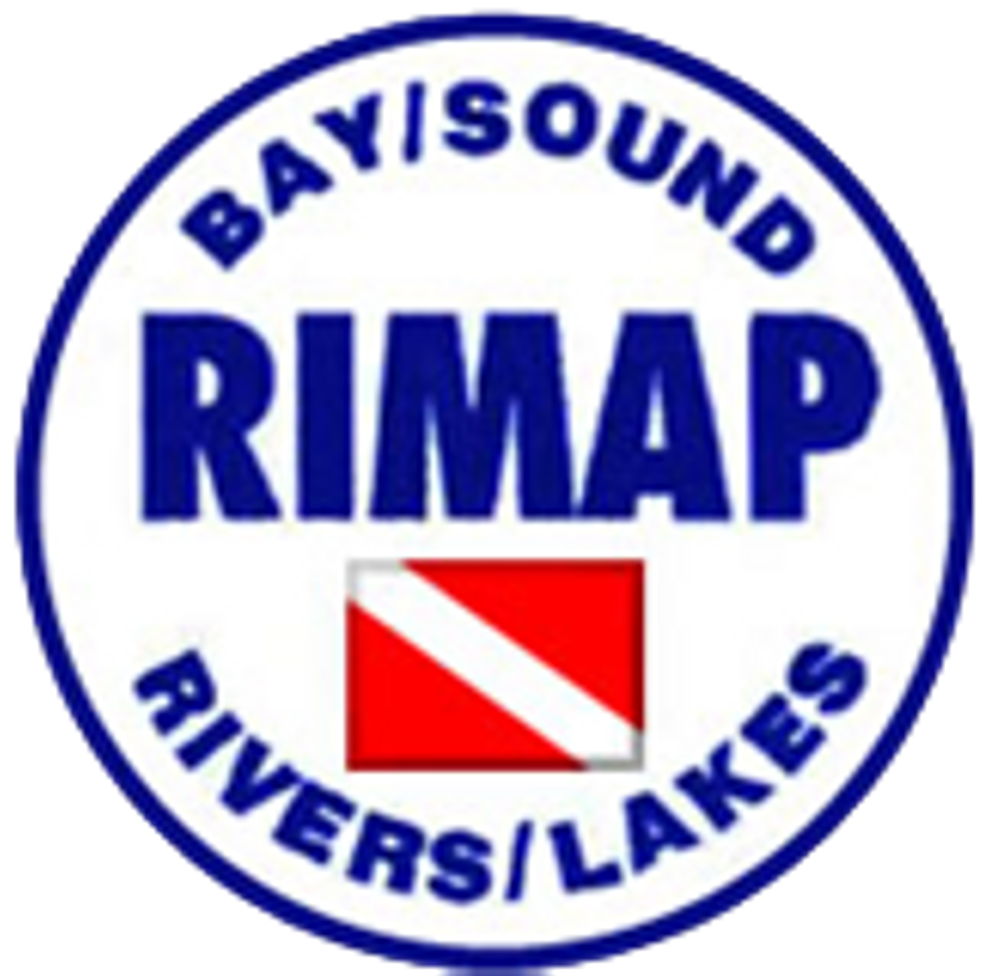Training
2023 TRAINING CYCLE
IMPORTANT INFORMATION – PLEASE READ CAREFULLY
All forms listed in RED are downloadable - just click the word for each.
All trainees must be 2023 RIMAP members. If you are not currently a member, you can purchase a membership at the same time as you make payment for the class/es. You can either complete the online form on the membership application page of this website or click the red RIMAP members text above to download the form.
All classes to be held at the RIMAP artifact management facility, Herreshoff Marine Museum on Burnside Streets, Bristol, RI. The lab is on the 3rd floor of an industrial building across from the main museum exhibit area - great view but sorry, no elevator. For those who wish to take Intro and who can't manage stairs, please see the offering in Warwick on April 15.
Pre-registration is required a minimum of 3 days in advance of each class. Classes without enough students are sometimes canceled.
To register electronically: Fill out the APPLICATION FORM and return it by email to rhodeislandmap@yahoo.com, and use the PayPal button on the RIMAP website at www.rimap.org (see the drop-down menu in upper right-hand corner of the Home Page).
To Register by Snail Mail: Please download the APPLICATION FORM and mail it with a check (made out to RIMAP) to Box 1492, Newport, RI 02840. Registration confirmation will include details and a map.
Covid safety: You must mask and social distance if you are not vaccinated, but the training space is well ventilated. All RIMAP trainees must show no Covid symptoms.
If you have any questions - please complete the ‘contact form’ at the bottom of this page, and we will reply as soon as we can. Thank you.
2023 RIMAP TRAINING APPLICATION
Saturday, March 18 (9-4) - Introduction to Marine Archaeology ($100): Instructor Kathy Abbass Ph.D. Describes how marine archaeologists work, including remote sensing, field methods, legal issues, and field documentation. Includes RIMAP protocols, past research results, and future plans. This class is required for RIMAP volunteer participation.
Saturday, March 25 (9-12) - Museums, Preserves, and Sharing Shipwrecks ($50): Instructor Joy Elvin, M.A. Interpreting submerged cultural resources to enjoy our underwater heritage using examples from around the world. How underwater parks and marine preserves protect fragile historic resources and enhance the public's interest in our maritime past, and the possibility for similar programs in Rhode Island.
Saturday, March 25 (1-4) - Measured Drawing for Archaeologists ($50): Instructor Charles Kovach. How to prepare professional quality drawings of archaeological specimens for general documentation and publication. Recommended for those interested to help with RIMAP's artifact collection. Commercial artist Kovach will lead the students in hands-on drawing exercises.
Saturday, April 1 (9-12) - Basic Artifact Management ($50): Instructor, Kathy Abbass, Ph.D. How artifacts are taken into study collections from archaeological excavations, including proper paperwork tracking, photography, 3-D imaging, and simple conservation. Also the basics of artifact identification and site interpretation using archaeological data from artifact and samples. RIMAP lab team members will also assist in the hands-on training.
Saturday, April 1 (1-4) - Site Mapping ($50): Instructor Kathy Abbass Ph.D. Leads students in how to collect and interpret archaeological data. It introduces the selection of a site datum, installation of baselines, linear, circular, and pendulum searches. Introduces the installation of grids and drawing from them. The Site Mapping class demonstrates how to interpret field data and create simple site maps. This is also a practicum recommended for those who participate in RIMAP fieldwork.
Saturday, April 15 (9-4) - Introduction to Marine Archaeology ($100): Instructor Kathy Abbass Ph.D. Second offering. To be held on the first floor or the Warwick Public Library, so no stairs as at our Bristol facility. Contact RIMAP for further information about access. This class is required for RIMAP volunteer participation.
Sunday, April 16 (1-4) - Archaeology of the Classical Mediterranean ($50): Instructor Peter Nulton, Ph.D. The archaeological study of Greek and Roman civilizations from @ 800 BCE to 400 CE. Peter discusses how archaeological studies enhance the standard understanding of Greek and Roman civilization that is usually based entirely on textual sources and how the field is changing in response to 21st-century archaeological issues.
Saturday, April 22 (9-12) - Ship Construction for Archaeologists ($50): Instructor Kathy Abbass Ph.D. What marine archaeologists need to know about how boats are built to interpret historic shipwreck sites. Describes various types of watercraft found throughout time and around the world, and how these structures are the most complex machines built by man, and the European ship building traditions of RIMAP's archaeological shipwreck studies.
Saturday, April 22 (1-4) - Rhode Island in the Revolution ($50): Instructor Kathy Abbass Ph.D. Why RI was pivotal to Patriot success in the Revolution, what happened here, and who was involved. Raids on land, conflicts on the water, and how divided loyalties of the local population (British sympathizers and Patriots supporting the American cause) sometimes fractured families. Special information about Revolutionary War locations and those now open to the public.
Sunday, April 30 (9-4) - Introduction to Marine Archaeology ($100): Instructor Kathy Abbass Ph.D. Third Offering. Describes how marine archaeologists work, including remote sensing, field methods, legal issues, and field documentation. Includes RIMAP protocols, past research results, and future plans. This class is required for RIMAP volunteer participation.
Questions? Please complete the ‘contact form’ below, and we will reply as soon as we can. Thank you.
Professional archaeologist Joseph W. Zarzynski teaching a RIMAP specialty class on "How to Measure A Cannon," and using 18th-century French bronze guns "Pallas" and "Tantae" as teaching aids. Photo by guest, © RIMAP 2015.

